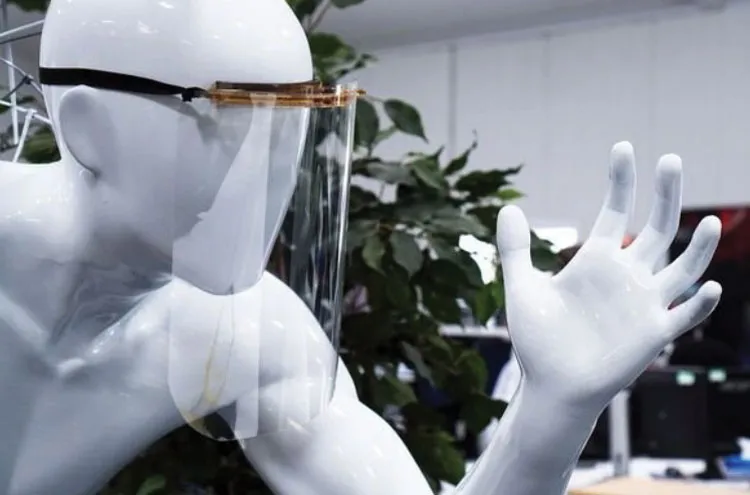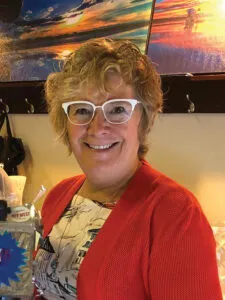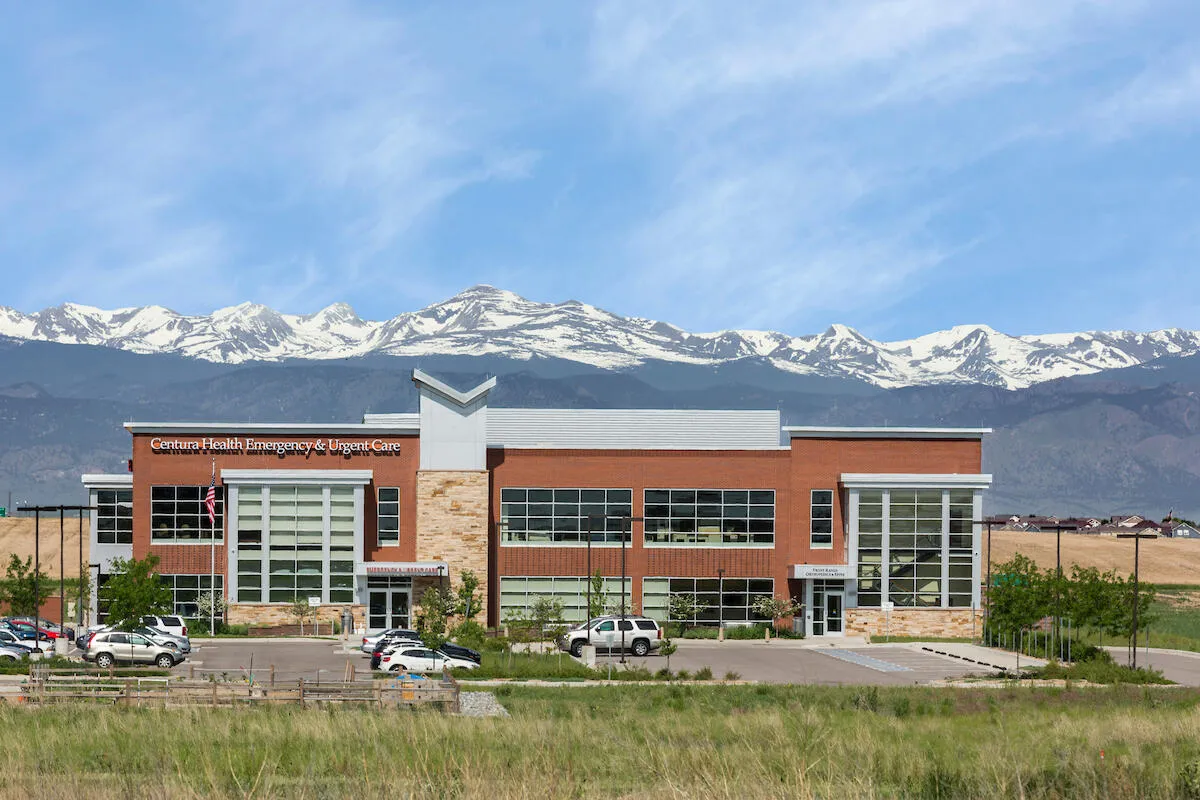Companies switching to PPE fight for supply

When contracts to make specific parts for industry manufacturers started to dry up as the novel coronavirus decimated demand for all but essential items, the staff at the Centennial-based 3D Printing Store started up its design software and got to work.
For the past several weeks, the Print Store’s machines have made face shields worn by doctors and nurses to prevent airborne particles from hitting their faces, along with an add-on for masks with filters attached.

CEO Debra Wilcox told BizWest she’s been working every single day over the past few weeks to help keep up.
SPONSORED CONTENT
“It’s been challenging; it just means a lot of long days,” she said.
The Print Shop is one dozens of companies in Colorado and far more across the U.S. that have shifted their production to making masks, ventilators, PPE and other medical items needed to protect medical workers to keep operating and to help in the fight against the COVID-19.
But for many, the logistics of retooling their systems and sourcing raw materials is hampering efforts to quickly shift production toward the most needed pieces of medical equipment.
Creating in Colorado
Tim Heaton, executive director of the Colorado Advanced Manufacturing Association, told BizWest several companies across the state are pivoting toward making ventilator parts or personal protective equipment as the global supply chain for these products are strained by competing countries trying to supply their health-care workers.
A machine from a Denver company could produce up to 50 N95-quality masks per minute, all from the back of a trailer, he said. But, it will take up to weeks before it can start shooting out masks.
“That’s part of the challenge, is a lot of people are volunteering to retool,” Heaton said. “It’s one thing to be able to do it, but it’s another to be able to do it and certify it in an (U.S. Food and Drug Administration) approved nature.”
Colorado State University is Colorado’s lead agency in testing PPE before it’s distributed to health-care workers in the state. Christian L’Orange, a mechanical engineering professor at CSU and a manager for N95 mask testing, told BizWest state health officials made it a priority for CSU to act as a gatekeeper for the new supply of masks being produced and sold to Colorado, whether they be from reputable manufacturers or startups that may not be making masks that are up to snuff.
“Some of that is because they’re potentially coming from overseas or from manufacturers that are producing at much, much higher numbers than they have in the past,” he said.
CSU is awaiting equipment to scale up the number of masks it can test at a single time. But until then, the university is prioritizing large-scale manufacturers that have a track record in making safe masks.
Resources in short supply
Wilcox said trying to source specific materials has been “chaotic” as shipping lanes tightened and supplies fell short of what manufacturers need to complete their products. In particular, the 3D Printing Store needed elastic straps for its face shields. She ordered the materials from Amazon until it ran out, and then she had to hit the phones to call suppliers, competing against several other companies to lay claim to the last bits of elastic they could find.
“We could do the 3D printing through the roof, but you couldn’t get elastic,” she said.
Eventually, Wilcox found a small sewing supply shop in the Midwest that could fill her order. It will ship her order at the end of May.
Supply chain matchmaker
Fort Collins-based luxury watchmaker Vortic Watch Co. wasn’t selling as many watches due to the economic freefall. So, founder RT Custer told BizWest the company is now focusing on playing matchmaker between companies that produce specialty parts and assemblers through its “Keep The Lights On For American Manufacturing” program.
Vortic and a lot of small manufacturers like it have the ability to rapidly shift their production into making subcomponents of ventilators or needed equipment without needing FDA approval first, he said, and he hopes a matchmaking service can spur quicker development of a domestic supply chain for medical equipment.
However, he thinks small and mid-size companies like locally-based Woodward and Otter Products Inc. will lead the way on quickly pivoting to ventilators and PPE because they have the capital and research budgets to change direction quickly.
He’s less bullish on giants like General Motors Co. (NYSE: GM), which is trying to retool its factories to make ventilators after President Donald Trump invoked the Defense Production Act to compel them.
“You can’t just pivot and switch things; they have billions of dollars into their supply chain and equipment,” he said.
Too little, too late?
So can Colorado’s manufacturers combined meet the equipment needs of the state’s health-care workers?
Custer believes that boils down to whether Colorado is currently living through the peak of the virus, the highest point in the infection curve.
If that’s the case, he believes flexible mid-size companies like Woodward can pivot toward filling hospital demand for equipment and produce extra units in case another pandemic requires them, and his database can keep matching suppliers to buyers in a post-COVID era.
Numerous reports across the country are suggesting nurses and doctors are reusing masks or using trash bags as PPE supplies were exhausted in just the first few weeks of the pandemic in the U.S.
L’Orange said the safety industry views PPE as the last resort, and the ongoing social distancing and protective measures in most of the U.S. will slow the spread of the disease and keep the need for PPE from overwhelming supply.
“If we can do all these other elements associated with the hierarchy of safety practices: social distancing, good hygiene and hopefully vaccinations in the future, the need for PPE diminishes,” said.
Wilcox said her printers will keep making PPE equipment for the foreseeable future since much of the country’s equipment stockpile has already been tapped for the current wave of coronavirus, and it will need to be replenished if there’s another series of outbreaks or a new pandemic threat emerges in the future.
“(That PPE) will be there when we need it, but it’s not there right now,” she said. “Those closets are empty.”
When contracts to make specific parts for industry manufacturers started to dry up as the novel coronavirus decimated demand for all but essential items, the staff at the Centennial-based 3D Printing Store started up its design software and got to work.
For the past several weeks, the Print Store’s machines have made face shields worn by doctors and nurses to prevent airborne particles from hitting their faces, along with an add-on for masks with filters attached.

CEO Debra Wilcox told BizWest she’s been working…




